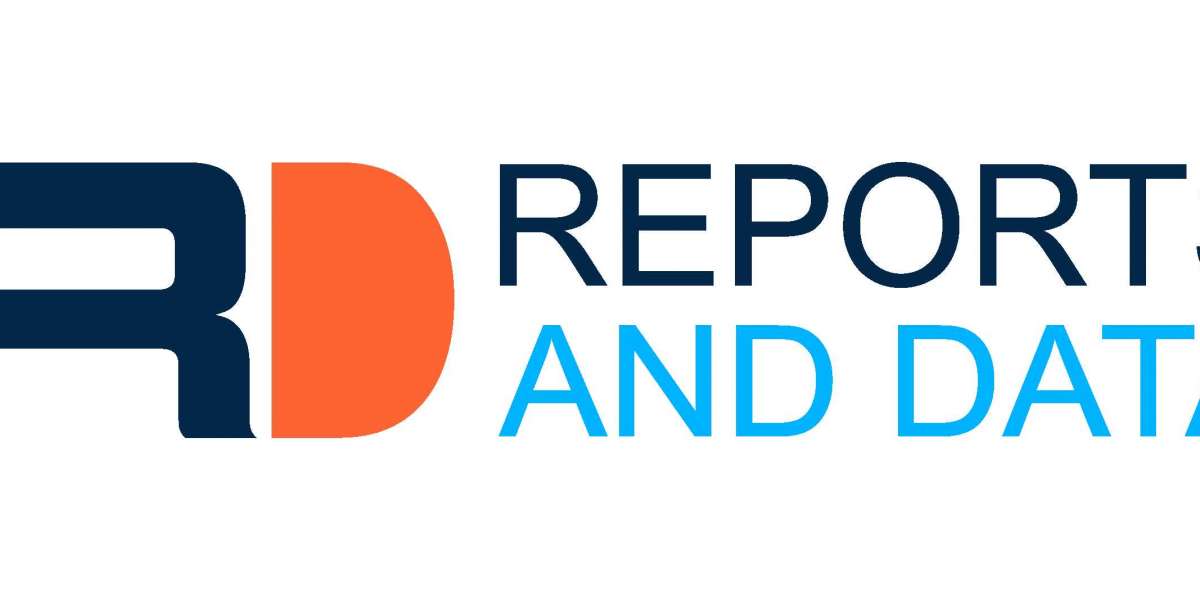Managing public speaking anxiety often involves incorporating specific relaxation techniques to calm the nervous system and alleviate the physical and emotional symptoms associated with the fear of speaking in front of an audience. These techniques can be valuable tools in helping individuals feel more centered, focused, and in control during public speaking engagements.
1. **Deep Breathing Exercises:**
Deep breathing is a fundamental relaxation technique that helps reduce anxiety and stress. Slow, deep breaths can activate the body's relaxation response, calming the nervous system. Inhale deeply through the nose, hold the breath briefly, and exhale slowly through the mouth. Repeat this process several times, focusing on the breath to center the mind and alleviate tension.
2. **Progressive Muscle Relaxation (PMR):**
Progressive Muscle Relaxation involves systematically tensing and then relaxing different muscle groups throughout the body. This helps release physical tension and promotes a sense of relaxation. Starting from the toes and working up to the head, tense each muscle group for a few seconds before releasing. This method can be especially effective in combating the muscle tension associated with public speaking anxiety.
3. **Visualization:**
Visualization techniques involve creating a mental image of a positive and successful speaking experience. Individuals can imagine themselves confidently delivering their speech, receiving positive feedback from the audience, and feeling a sense of accomplishment. Visualizing success helps reframe the mindset associated with public speaking and fosters a more positive outlook.
4. **Mindfulness Meditation:**
Mindfulness involves being fully present in the moment without judgment. Mindfulness meditation techniques, such as focused breathing or body scan meditation, can help individuals stay grounded and reduce anxiety. Practicing mindfulness regularly can enhance overall self-awareness and emotional regulation.
5. **Guided Imagery:**
Guided imagery involves using mental images to evoke a sense of relaxation and calm. This technique often involves listening to a recorded script or guide that leads individuals through a peaceful and positive mental scenario. It can be a powerful tool to redirect the mind away from anxious thoughts and create a mental space conducive to calmness.
6. **Positive Affirmations:**
Positive affirmations involve repeating positive statements to oneself to counteract negative self-talk. Affirmations can be tailored to address specific fears or concerns related to public speaking. Phrases like "I am confident and capable," or "I have valuable insights to share," can help instill a positive mindset.
7. **Yoga and Stretching:**
Physical activity, such as yoga or gentle stretching, can help release tension and improve overall well-being. Engaging in simple yoga poses or stretches before a speaking engagement can promote relaxation and mindfulness.
8. **Grounding Techniques:**
Grounding techniques involve connecting with the present moment and the immediate environment. For example, individuals can focus on the sensation of their feet on the ground, take note of the physical objects around them, or engage in mindful breathing. Grounding helps anchor individuals in the present and reduce feelings of disconnection or overwhelm.
9. **Aromatherapy:**
Certain scents, such as lavender or chamomile, are known for their calming effects. Aromatherapy, whether through essential oils, candles, or diffusers, can be used before and during a speaking engagement to create a soothing atmosphere.
10. **Preparation and Rehearsal:**
While not a traditional relaxation technique, thorough preparation and rehearsal are crucial for managing public speaking anxiety. Being well-prepared and familiar with the material boosts confidence, reducing anxiety related to uncertainty.
Incorporating a combination of these relaxation techniques, tailored to individual preferences, can significantly contribute to managing public speaking anxiety. It's essential for individuals to experiment with different methods and identify what works best for them, creating a personalized toolkit for addressing anxiety and enhancing their overall public speaking experience.









